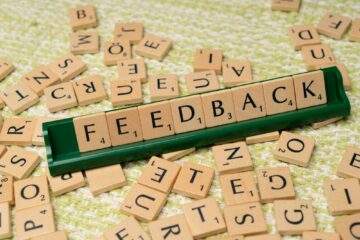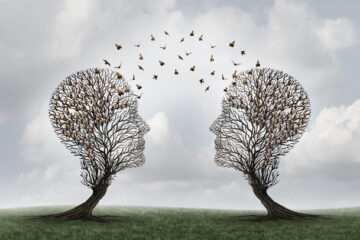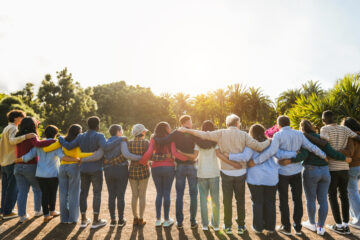Change your community, change your perspective
The Atlas Corps tagline “change your perspective, change the world” is bold. As I was reflecting on what I have taken from the Atlas Corps Fellowship it felt necessary to break down this ambitious call to action.
Atlas Corps changes or expands your community. As a Fellow, you move to the US for 12-18 months, serve at an organization full time and join 100 social change leaders from around the world. These leaders come from different cultures and contexts and care about different social issues. But as you share a house with them, cook with them and explore the US with them, you learn a great deal about yourself, their cultures and your shared passion for social change.
Dinner table conversations might lead to discussions about the continued effects of colonization on African politics. Or you may learn about atheists being targeted minorities in some countries and how some Muslim leaders are working hard to protect religious minorities and reinterpret religious freedom. And when there are opportunities to intentionally discuss professional experience with Fellows, you learn about nonprofit business models in North Africa and the development of blockchain technology in Palestine.
The Atlas Corps Fellowship solidified my perception that while there is a diversity of contexts in which we face problems, we share common struggles and have the same capacity for kindness and ingenuity or discrimination and stagnation. This may seem common sense, but it’s very easy to subconsciously think one culture is superior to another (and therefore the people of that culture) because it currently produces more developed economies.
Change the world?
Although it’s very clear that this Fellowship changes and expands your community and your perspective, whether it leads to change at home or internationally is a bigger question.
There are two insights that have stuck with me since completing my Atlas Corps Fellowship. In short, the local and international communities I engaged in have changed my perceptions of what is possible when you intentionally bring people together. At the same time, this experience has increased my comprehension of the complexity of translating models of change to different environments. Through these insights, I hope to make sense of the Atlas Corps call to action “change the world”.
Many of the Atlas Corps Fellows are already having a big impact on their communities before they arrive – running startups in Tunisia and Palestine, making documentary films on relevant issues such as religion and women in India and on social enterprises in East Africa, and training farmers on community-based monitoring in Asia. They likely developed some skills during their Fellowship and will return home to continue with their projects which is positive.
They will very likely have increased their influence back home too. The prestige of participating in a US State Department supported program and serving at a US organization may increase their influence. This may or may not increase the impact of the social change projects (influence doesn’t necessarily translate to impact) but again this is likely a positive development.
But if we’re talking about “changing the world”, Fellows need to do a lot more than develop skills and increase their influence. Fellows will rejoin their communities as changed individuals with new ideas and improved skills, but their communities will likely not have changed so much. Fellows will have to apply their new skillset and convince local stakeholders that their new ideas, international case studies or international collaborations will make a difference.
An international network of like-minded Fellows can support with these challenges and build opportunities that wouldn’t have existed pre-Fellowship. Such as a network can provide connections, advice and the emotional support to foster new ideas and international collaborations to fruition. It can be a space to collaborate and incubate ideas and accelerate them through shared connections and resources when required. The opportunity with Atlas Corps is there are 600 Atlas Corps Fellows and Alumni around the world and ready to support each other. What’s missing, is the intentional forums to interact with this community on an ongoing basis once you return home.
Atlas Corps South-East Asia Alumni Network
To meet this assumed need, I plan to co-design an Alumni community of Atlas Corps Fellows from South-East Asia and Oceania.
The challenge with this Alumni community is that we are all located in different countries. To bridge this gap, and foster geographical collaboration, the aim is to start this online Alumni network in the same part of the world with a relatively similar context.
Geography alone won’t make this community work. It’ll be a matter of consulting and co-designing with other Alumni to work out whether this Alumni community wants to focus the discussion on skills or sectors. As I discovered when building committees and professional networks in the US, the best means of building a successful project, is through co-design and shared intentional commitment. The most difficult aspect, which will only emerge through conversation, is whether the value of participating in this Alumni Network will be worth the investment of time.
If it works, this Alumni Network could eventually become a model for Fellows and Alumni in other regions too, so the long-term goal is to codify the model and its theory of change. I’m not sure whether forming these intentional online communities will meet the Atlas Corps call to “change the world”, but at the very least it should foster commitment towards this goal.
P.S. Fellows and Alumni if you’re reading this and want to get involved in some way, email me at calum.lindsay-field@atlascorps.org!



